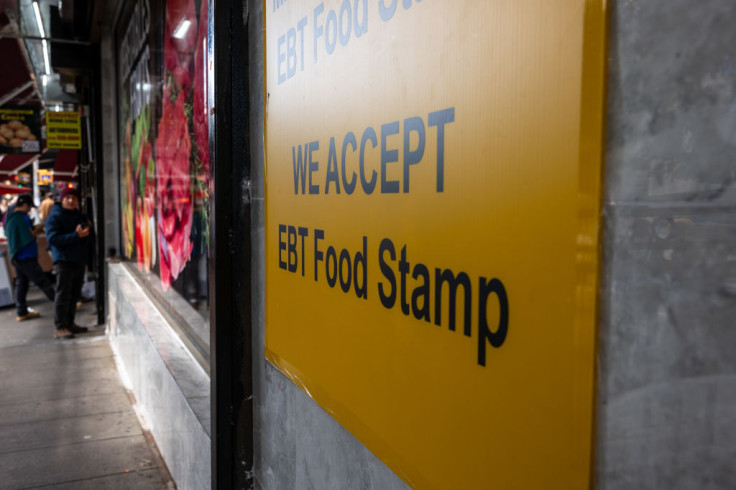
A coalition of 21 states including California and New York is suing the Trump administration over an aspect of a federal directive requiring states to hand over extensive personal data on participants in the Supplemental Nutrition Assistance Program (SNAP).
The lawsuit argues that the U.S. Department of Agriculture's (USDA) data request violates federal privacy laws, the U.S. Constitution, and long-standing norms regarding the administration of federal benefits.
The agency is requiring states to submit detailed records on all current and former SNAP recipients dating back to January 2020. This includes names, birthdates, Social Security numbers, addresses, and transactional data showing when and where SNAP benefits were used. A Privacy Impact Assessment published by the agency reveals additional requested data such as immigration and citizenship status, education, employment, and marital status.
States that do not comply with the USDA's directive by the end of July risk losing administrative funding, the Trump administration said.
In announcing the states' lawsuit Monday, California Atty. Gen. Rob Bonta said in a statement that the "unprecedented" demand "violates all kinds of state and federal privacy laws" and "further breaks the trust between the federal government and the people it serves."
Bonta also said that the threat of withholding funds could jeopardize food access for millions as his state receives approximately $1 billion annually to administer SNAP. "Any delay in that funding could be catastrophic for the state and its residents who rely on SNAP to put food on the table," he added.
The USDA contends that the data collection is necessary to eliminate waste, fraud, and abuse in federal programs by reducing "information silos." USDA Secretary Brooke Rollins said in a July 9 letter that the goal is to "enhance the government's ability not only to have point-in-time information but also to detect overpayments and fraud."
However, the USDA has not clearly explained how all requested data points could relate to fraud prevention. "The agency says that it broadly wants to root out fraud, but it has neglected to explain what a person's education status or roommate status has to do with that goal," said Nicole Schneidman of Protect Democracy in a recent piece by NPR on the issue.
In its lawsuit, the coalition argues that the USDA is exceeding its statutory authority and bypassing legal processes, including required public comment periods. Although over 400 public comments were submitted — the majority critical — the USDA has moved forward with implementation.
Joining California and New York in the lawsuit are Kentucky, Arizona, Colorado, Connecticut, the District of Columbia, Delaware, Hawaii, Illinois, Maine, Maryland, Massachusetts, Michigan, Minnesota, New Jersey, New Mexico, Oregon, Rhode Island, Washington and Wisconsin.
© 2025 Latin Times. All rights reserved. Do not reproduce without permission.






